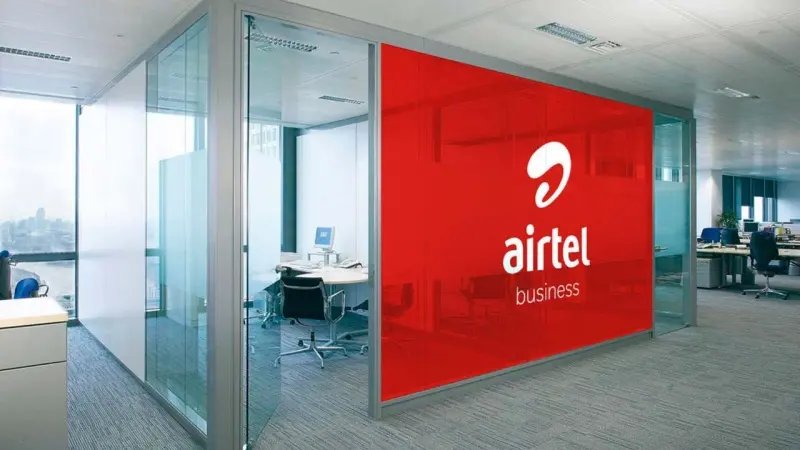Airtel Africa’s reported revenue of $4,955 million decreased by 0.5 percent in Q4 2025 in reported currency from $4,979 million in Q4 2024 because of the impact of currency devaluation, in the fiscal year ended 31 March, 2025. However it increased by 21.1 percent in constant currency.
This is according to the Airtel Africa’s fiscal year report posted on the London Stock Exchange on Thursday for the year ended 31 March, 2025.
As currency headwinds subsided, Q4’25 revenue growth accelerated by 23.2 percent in constant currency and 17.8 percent in reported currency, the result of strong execution and Nigeria’s tariff changes.
Sunil Taldar, chief executive officer of Airtel Africa said, “An improving operating environment and focussed execution contributed to strong momentum in our financial results with constant currency revenue growth peaking at 23.2 percent in Q4’25. Part of this acceleration in the last quarter has also been driven by the Nigerian tariff adjustments.”
Airtel Africa reports 10.6% voice revenue growth
Voice revenue growth of 10.6 percent and data revenue growth of 30.5 percent drove the Group’s overall 19.6 percent constant currency rise in mobile services revenue. Revenue from mobile money increased by 29.9 percent in constant currency.
Due to rising gasoline prices and Nigeria’s reduced Group contribution, underlying EBITDA for the year ended March 31, 2025, decreased 5.1 percent in reported currency to $2,304 million, with underlying EBITDA margins of 46.5 percent as opposed to 48.8 percent the year before.
However, underlying EBITDA margins increased from 45.3 percent in Q1 ’25 to 47.3 percent in Q4’25 as a result of a more stable operating environment and the advantages of the company’s cost-efficiency initiative.
The current period’s decreased derivative and foreign exchange losses are primarily responsible for the basic EPS of 6.0 cents, which contrasts with the negative (4.4 cents) in the previous period. Due in major part to higher financing costs associated with tower contract renewals, which had a neutral to positive effect on cashflows, as well as the deferred impact of previous period currency devaluation, EPS before extraordinary items fell from 10.1 cents in the preceding period to 8.2 cents.











